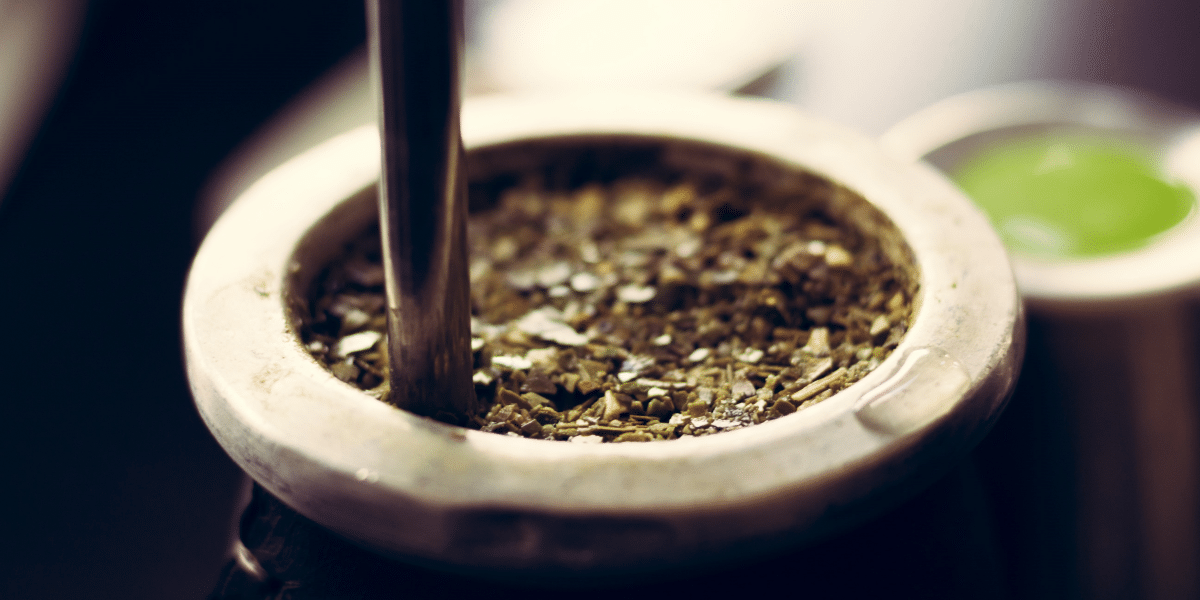Regu-Mate, also known as altrenogest, is a commonly used hormone therapy medication prescribed for mares to regulate their estrous cycles and manage behavioral issues associated with heat. While Regu-Mate is effective for many mares, some owners may seek alternative treatments due to concerns about cost, potential side effects, or personal preferences.
Fortunately, there are several alternatives to Regu-Mate available, ranging from natural supplements to other hormonal therapies. This comprehensive guide will explore some of the popular alternatives to Regu-Mate for mares, their mechanisms of action, and considerations for choosing the right treatment for your horse.
-
Herbal Supplements
Alternative to Regu-mate for mares is herbal supplements. It offers natural and holistic solutions for regulating estrous cycles and managing behavioral issues. Certain herbs, such as raspberry leaf, chasteberry (Vitex agnus-castus), and black cohosh, have been traditionally used to support reproductive health and hormonal balance in horses.
These herbs contain phytoestrogens and other compounds that may help regulate hormone levels and alleviate symptoms of heat-related behavior. While herbal supplements may not be as potent as pharmaceutical medications like Regu-Mate, they can be a gentler and more affordable option for mares with mild to moderate symptoms.
-
Synthetic Progestins
Synthetic progestins, such as medroxyprogesterone acetate (MPA) or altrenogest (the active ingredient in Regu-Mate), are hormonal therapies that mimic the effects of progesterone in the body. These medications work by suppressing the mare’s estrous cycle and preventing the signs of heat, including behavioral changes, ovulation, and estrus.
While synthetic progestins are effective for managing heat-related behavior in mares, they may also carry potential side effects and risks, such as decreased fertility, hormonal imbalances, and metabolic disturbances. It’s essential to work closely with your veterinarian to determine the appropriate dosage and duration of treatment and monitor your horse’s response to therapy carefully.
-
Gonadotropin-Releasing Hormone (GnRH) Agonists
Gonadotropin-releasing hormone (GnRH) agonists are another class of medications used to suppress estrus and manage heat-related behavior in mares. These medications work by inhibiting the release of follicle-stimulating hormone (FSH) and luteinizing hormone (LH), which are essential for the development and maturation of ovarian follicles and the estrous cycle.
GnRH agonists are available in injectable formulations and are typically administered once monthly to maintain estrus suppression. While GnRH agonists are effective for managing heat-related behavior, they may also carry potential side effects and risks, such as injection site reactions, temporary infertility, and hormonal imbalances.
It’s essential to work closely with your veterinarian to determine the appropriate dosage and frequency of treatment and monitor your horse’s response to therapy carefully.
-
Ovarian Suppressants
Ovarian suppressants are a newer class of medications that work by directly suppressing ovarian function and hormone production in mares. These medications target specific receptors in the ovaries to inhibit the release of estrogen and other hormones that drive the estrous cycle.
Ovarian suppressants are available in various formulations, including implants, injections, and oral medications, and may offer a more targeted and long-lasting solution for managing heat-related behavior in mares. While ovarian suppressants are effective for estrus suppression, they may also carry potential side effects and risks, such as temporary infertility, hormonal imbalances, and metabolic disturbances.
It’s essential to work closely with your veterinarian to determine the appropriate type and dosage of medication and monitor your horse’s response to therapy carefully.
-
Behavior Modification
In addition to medication-based treatments, behavior modification techniques can also be effective for managing heat-related behavior in mares. Simple changes to the mare’s environment, routine, and management practices can help reduce stress and minimize the intensity of behavioral symptoms during estrus. For example, providing ample turnout, socialization with other horses, and environmental enrichment can help distract the mare and alleviate boredom and frustration.
Additionally, incorporating regular exercise, training, and positive reinforcement techniques can help channel the mare’s energy and focus her attention on productive activities. While behavior modification alone may not completely eliminate heat-related behavior, it can be a valuable complement to medication-based therapies and help improve the mare’s overall well-being and quality of life.
Considerations for Choosing the Right Treatment
Severity of Symptoms
Consider the severity and frequency of your mare’s heat-related symptoms, as well as the impact they have on her behavior, performance, and quality of life. Mild to moderate symptoms may respond well to natural supplements or behavior modification techniques, while more severe symptoms may require medication-based therapies for effective management.
Safety and Side Effects
Evaluate the safety profile and potential side effects of each treatment option, including the risk of decreased fertility, hormonal imbalances, and metabolic disturbances. Work closely with your veterinarian to weigh the potential benefits and risks of each treatment and choose the option that offers the balance of efficacy and safety for your horse.
Cost and Accessibility
Consider the cost and accessibility of each treatment option, including the cost of medication, administration, monitoring, and follow-up care. Choose a treatment option that fits within your budgetary constraints and is readily available from reputable sources.
Veterinary Guidance
Consult with your veterinarian to determine the underlying cause of your mare’s heat-related symptoms and develop a comprehensive treatment plan tailored to her individual needs. Your veterinarian can provide valuable guidance and support throughout the treatment process, including medication selection, dosage adjustment, and monitoring of response to therapy.
Manage Mare Heat Behavior with Care and Consideration
While Regu-Mate is a commonly used medication for managing heat-related behavior in mares, there are several alternatives available that may offer effective and safer options for some horses.
From herbal supplements to synthetic progestins and ovarian suppressants, there are various treatment options to consider based on your mare’s individual needs and preferences. It’s essential to work closely with your veterinarian to evaluate the available treatment options, weigh the potential benefits and risks, and develop a comprehensive treatment plan that maximizes the health, well-being, and performance of your horse.
By exploring alternative treatments to Regu-Mate and considering factors such as severity of symptoms, safety and side effects, cost and accessibility, and veterinary guidance, you can make informed decisions about the course of action for managing your mare’s heat-related behavior effectively and responsibly.
Published by: Nelly Chavez

















